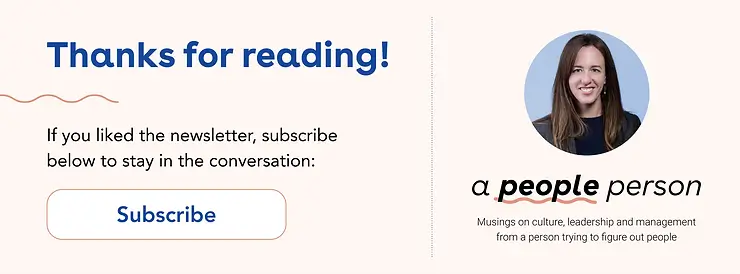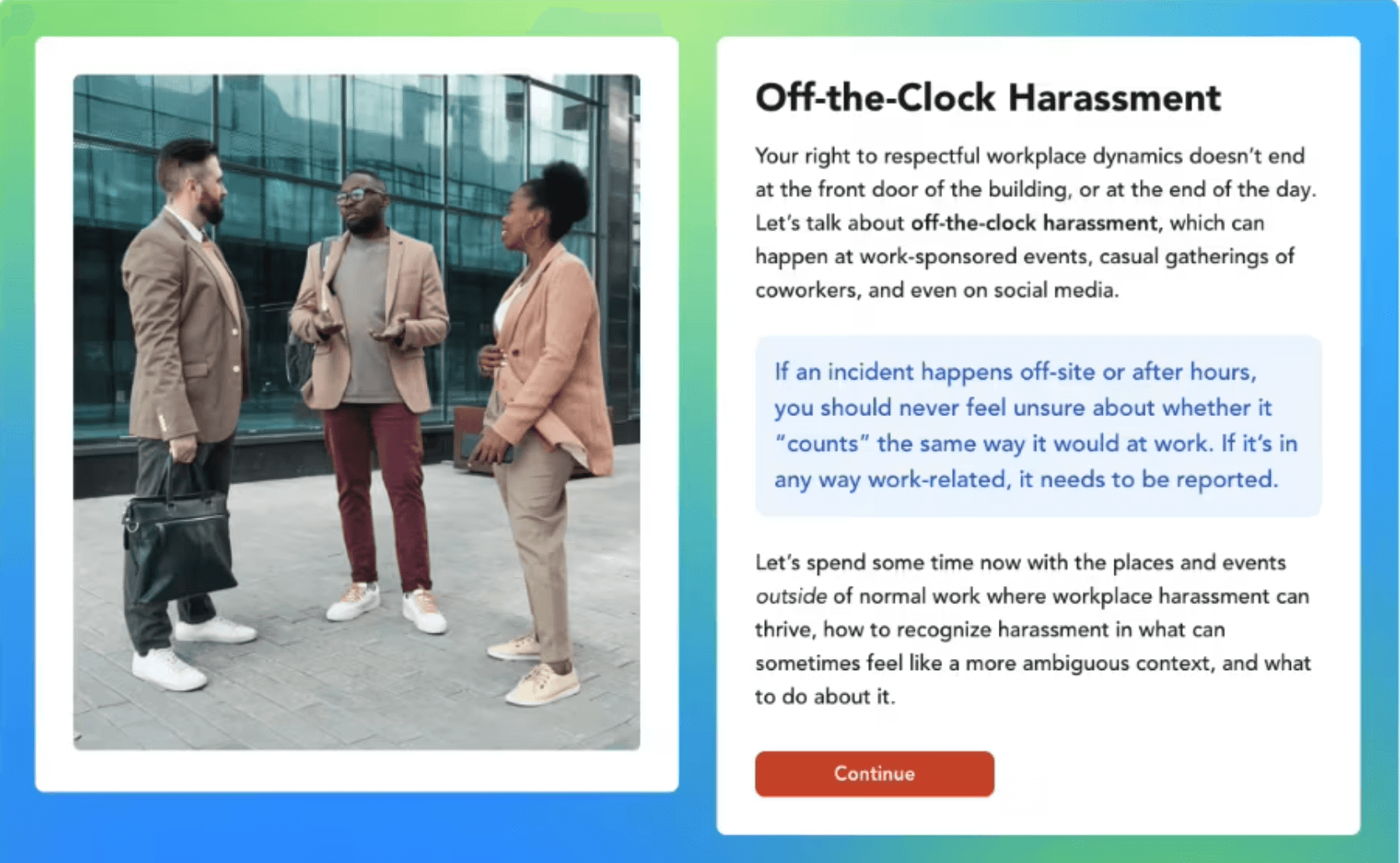Hi again,
Since writing about failure for my last newsletter, I’ve been noodling on the relationship between past performance and future success.
For example, my first startup was a dud; what does that say about the likelihood of success for my second one?
I see this question come up a lot with friends who are considering jumping to something more risky — maybe they’ve been in consulting for a while, want to make a jump to a startup, but worry that if the startup gig doesn’t pan out, they’ll be branded a failure. This also comes up a ton in hiring. It is the easiest thing in the world to glance through someone’s resume, see a few companies that you know rock, and think, “I’ll bet this person rocks.” Our lizard brains like the simple narrative – if you were at a successful company, you were part of that success. Alternatively, if you were on a losing team… Even though I know this is a classic correlation vs causation trap, I fall into it. So today, I want to write about what our resumes say about us for two reasons:
- Personally, I’m hiring, so it’s on my mind as I'm reviewing candidate resumes.
- Many people are unexpectedly on the job market and thinking about how to frame their past experiences, especially those that weren’t home runs.

To talk this through, I chatted with Shelby Wolpa, someone who’s thought a lot about hiring and has experience picking “winners.” Her early resume includes Palantir, One Medical, and Instacart (all before 2016, to give you a sense of her ability to spot the rocket ships early). Now, she’s an HR consultant thinking a lot about culture and talent.
Here's what I learned from our conversation.
What does a logo say about someone?
When I asked Shelby about how past experience at big logo companies affects the way to evaluate a candidate, I was expecting Shelby to say something like, “Yes, on balance, people from great companies tend to have picked up useful skills.” Instead, Shelby had a more nuanced take. She said to look at someone’s experience in its entirety, meaning:
- If the person essentially done the same exact job, just at different startups, this can tell you that they’re great at running a playbook, but they might not be flexible and able to tackle new problems
- Alternatively, if they have tackled a bunch of different problems at different types of companies, that can indicate that they’re an agile problem solver
Shelby made an important point: sometimes, logos just equal luck.
What should we keep in mind about the very weird experience of working at startups?
Shelby reminded me of a point that I've been told by other founders in the past, but it bears repeating: in startup land, sometimes polarizing is good. Startups are pressure cookers – they ask a lot of their people, and sometimes candidates would do better with sous vide. When evaluating a candidate, you want to ask not just what companies they were at but how people at those companies would describe the candidate. If you ask 10 people about Suzy’s performance at name-your-rocket-ship-startup, it’s likely that you’ll get some very different answers.
For someone on the job market, what advice would you give about trying to pick a winner?
Don’t, was essentially Shelby’s advice. It’s really hard to know whether a company is going to be a “winner.” Instead, ask:
- Is this company solving a problem the world needs solving?
- Can I be passionate about this? (Someone once tried to hire me for an aviation company that is now literally a rocket ship but I just couldn’t get excited about planes.)
- Does this company value its people?
- Am I aligned with their values?
I once got the advice to work with people I admired because some of their good stuff would rub off on me. These seem like the kinds of questions that can help you find groups like that.
A parting grab bag of thoughts
Shelby had a lot more gold that I couldn’t capture here, so I’ll be sharing a separate blog post with the full interview soon. Some of the topics we covered that I didn't have time here today include:
- Stepping off the traditional employee path and making the jump from employee to business owner
- Finding the people one or two steps ahead of you who have concrete advice about what comes next
- Building your own personal "board of advisors" and getting past the initial discomfort around the dreaded "networking"
One last note!
I want to leave you with a book recommendation. Earlier this year, I read Burn Rate by Andy Dunn, founder of Bonobos, (my husband's closet bono-boasts many a pair), and LOVED it. So did my mom, in case you need another vote.
Dunn writes about his experience running a company and living with bipolar disorder. It struck me as very honest, which as a chronic over-shared myself, I appreciated.
Resume play
Thanks for reading, and I welcome any thoughts you have on what resumes and experience say about ourselves, and what they say about the candidates coming across our desks.
Thanks for chatting with me today, Roxanne Petraeus CEO & Co-founder, Ethena









